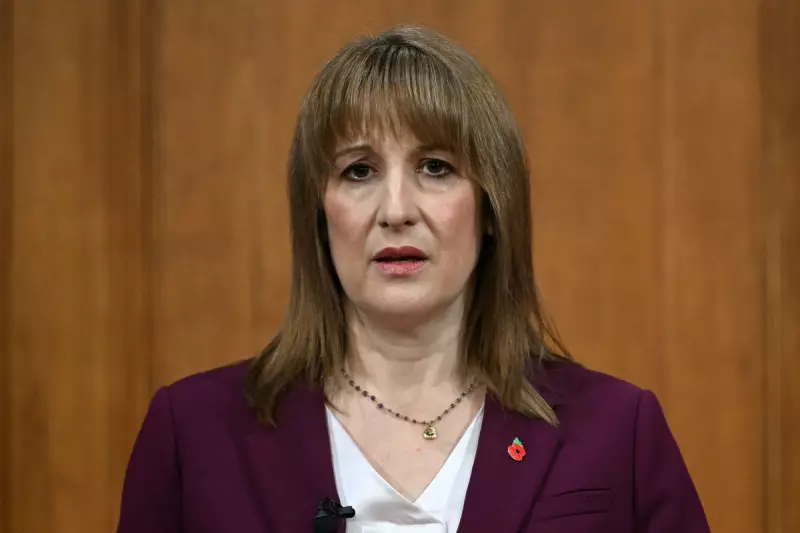
In a significant pre-budget announcement, Shadow Chancellor Rachel Reeves has categorically ruled out increases to income tax and national insurance under a future Labour government. The declaration marks a major strategic move as Labour seeks to position itself as the party of economic stability ahead of the looming general election.
Drawing Clear Battle Lines
Reeves stated unequivocally that Labour would not raise the two primary taxes on workers' earnings, telling reporters: "We won't be raising income tax or national insurance - those are our tax pledges." This firm commitment creates clear blue water between Labour and Conservative fiscal approaches while addressing voter concerns about the cost of living crisis.
Beyond the Headlines: What's Not Covered
While making firm commitments on income-related taxes, Reeves notably avoided making similar pledges regarding other revenue streams. The shadow chancellor declined to rule out potential increases to:
- Capital gains tax
- Council tax
- Business taxes
- Other wealth-related levies
Strategic Positioning for Economic Credibility
This carefully calibrated approach reflects Labour's dual strategy: reassuring middle-income voters while maintaining flexibility to address the UK's strained public finances. The party appears to be learning from past electoral failures where perceived tax-and-spend policies proved politically damaging.
The timing is particularly significant, coming just weeks before what could be Jeremy Hunt's final budget announcement. By staking out this position early, Labour aims to frame the economic debate on its own terms and counter Conservative attacks on its fiscal responsibility.
The Bigger Picture
This announcement represents more than just a tax pledge - it's a fundamental statement about Labour's economic identity under Keir Starmer's leadership. The party is deliberately shedding its traditional tax-and-spend image in favour of what Reeves describes as "iron-clad fiscal responsibility."
With the economy likely to dominate the upcoming election campaign, these early commitments suggest Labour intends to fight the Tories on the traditional Conservative stronghold of economic management, representing a significant shift in political strategy.





